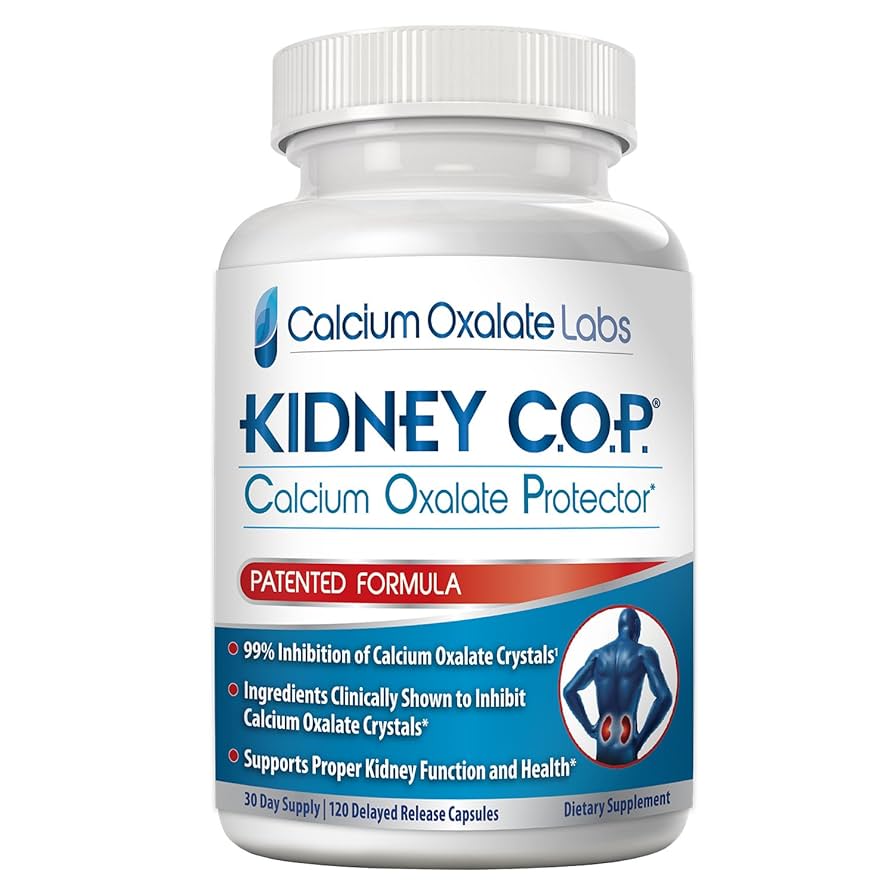Kidney stones are a common yet painful condition that affects millions worldwide. Among the different types of kidney stones, calcium oxalate stones are the most prevalent. Fortunately, diet plays a significant role in reducing the risk of stone formation. By making the right food choices, you can help support kidney health and lower your chances of recurrence. In this guide, we’ll explore the calcium oxalate stones diet, highlighting foods to eat, foods to avoid, and lifestyle strategies to keep your kidneys healthy.
Understanding Calcium Oxalate Stones
Calcium oxalate stones form when calcium binds with oxalate in the urine. If urine becomes too concentrated, crystals develop and harden into stones. Several factors contribute to their formation, including genetics, dehydration, and high consumption of oxalate-rich foods. While medical treatments are available, dietary changes remain one of the most effective long-term strategies to prevent recurrence.
Foods to Include in a Calcium Oxalate Stones Diet
Stay Hydrated
Drinking plenty of fluids is the first and most important step. Water helps dilute the substances in urine that lead to stones. Aim for at least 8–10 glasses per day unless advised otherwise by your doctor. Adding lemon or citrus juice to your water can increase citrate levels, which helps prevent stone formation.
Eat Calcium-Rich Foods
It may sound surprising, but calcium is your ally. Consuming adequate calcium through food (not supplements unless prescribed) can bind with oxalate in the digestive tract and prevent it from entering the urine. Great sources include low-fat dairy, fortified plant-based milk, and leafy greens like kale and broccoli.
Add Citrate-Rich Foods
Citrate naturally helps stop crystals from forming. Foods like lemons, limes, and oranges are excellent additions to a calcium oxalate stones diet. Consider incorporating fresh fruit or citrus-based dressings into your meals.
Choose Lean Proteins
Moderate amounts of lean protein from fish, chicken, turkey, or plant-based sources like beans and lentils are beneficial. Too much animal protein can increase uric acid and lower citrate levels, raising the risk of stones.
Foods to Limit or Avoid
Reduce Oxalate-Rich Foods
Certain foods are high in oxalates and should be consumed carefully. These include spinach, beets, rhubarb, nuts, chocolate, and sweet potatoes. You don’t have to eliminate them entirely, but balancing intake with calcium-rich foods can help minimize risks.
Watch Sodium Intake
High salt intake increases calcium in the urine, making stones more likely. Avoid processed foods, salty snacks, and restaurant meals high in sodium. Opt for fresh, home-cooked meals with herbs and spices instead of salt.
Limit Added Sugars
Sugary drinks, sodas, and processed sweets can contribute to kidney stone formation. Replacing them with water, herbal teas, or fresh fruit is a healthier choice for kidney function.
Be Cautious with Supplements
Certain supplements, especially high-dose vitamin C, can raise oxalate levels. Always consult your healthcare provider before adding new supplements to your routine.
Lifestyle Tips for Prevention
-
Spread your calcium intake throughout the day instead of consuming it all at once.
-
Pair oxalate-rich foods with calcium-rich foods to reduce absorption.
-
Maintain a healthy weight, as obesity is linked to a higher risk of kidney stones.
-
Stay physically active, since regular movement supports overall kidney health.
Final Thoughts
A well-planned calcium oxalate stones diet can make a tremendous difference in preventing kidney stone recurrence. By focusing on hydration, balanced calcium intake, reduced sodium, and mindful choices about oxalate-rich foods, you can take meaningful steps toward protecting your kidneys. If you want additional support for kidney stone prevention, visit KidneyCop for resources and products designed to promote better kidney health.



